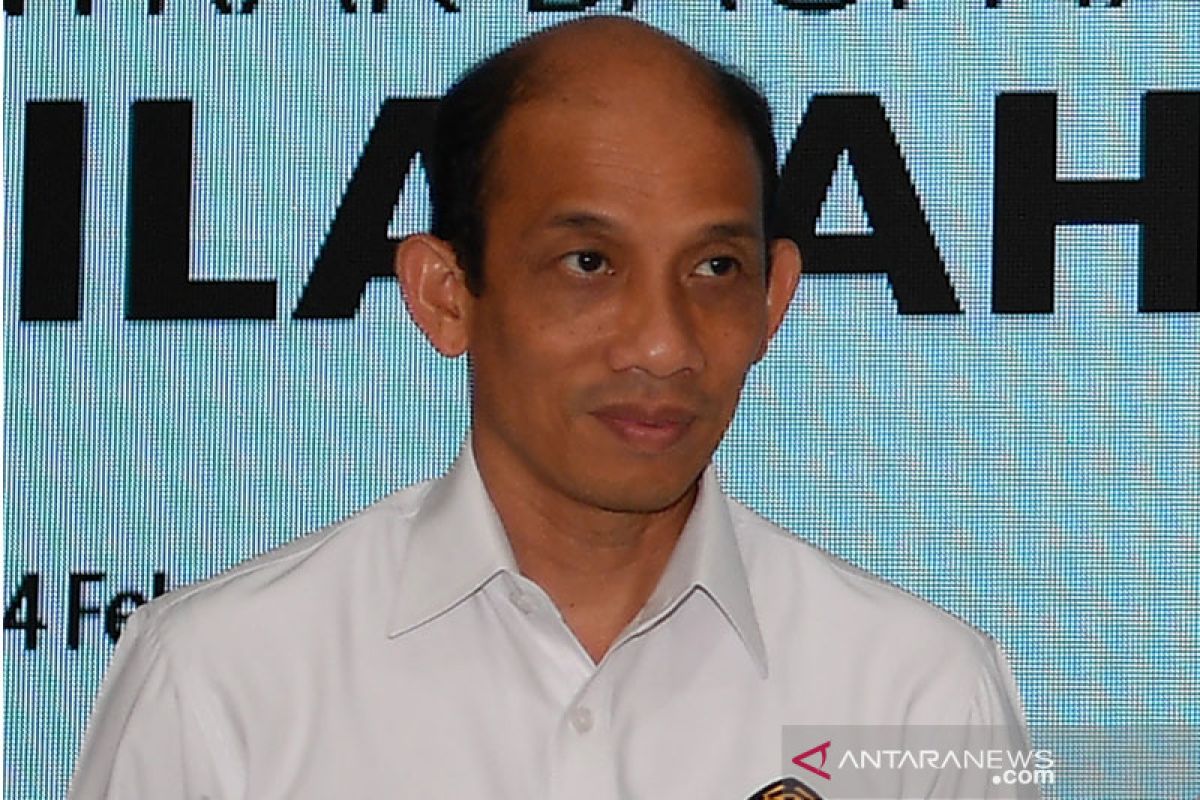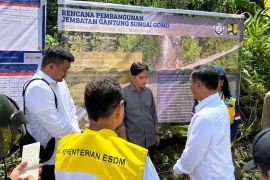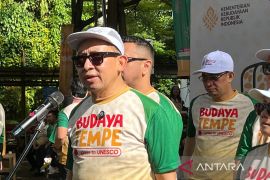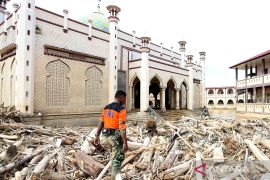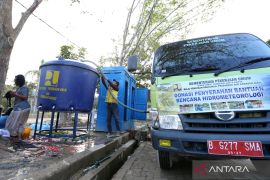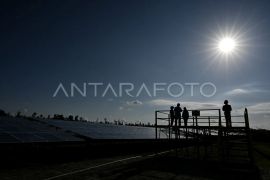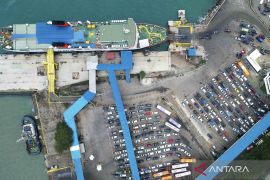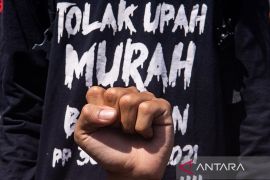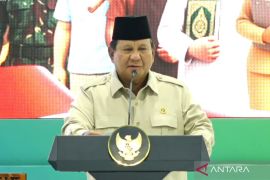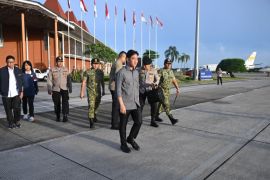In addition, the government also has worked capital commitment of US$2.1 billion, of which $1.1 billion will be used for exploration activities, Vice Minister of Energy and Mineral Resources Arcandra Tahar stated here on Tuesday.
"The fund can be used to conduct exploration in the next 5 to 10 years. We hope the fund will continue to increase," he noted in a seminar on Indonesia`s balance of energy.
He added that the exploration fund derived from work capital commitment from contracts under a gross split scheme is far higher than the previous exploration fund, which reached $5 million. The fund was so small that many areas have not been explored.
Besides the exploration fund, the government also plans to improve the use of data for seismic purposes, he remarked.
The data needed to conduct exploration will be open to interested companies, he noted.
"Acquisition data will be free. So far, non-tax state revenues from data access reach only $1 million. So, we will revise the ministerial regulation number 27 of 2006," he explained.
Meanwhile, chief of alumni of the Bandung Institute of Technology (ITB)`s geological technique school, Syamsu Alam revealed that the percentage of oil and gas needs, particularly oil, will not decline significantly in 2050 and will stand at 2-3 million barrels per day (bpd).
On the other hand, Indonesia`s reserves stand at 3.5 billion BOE, or only 0.2 percent of the world`s oil reserves. Hence, extraordinary efforts are needed to ensure that national production will meet the public`s needs.
"We must remember that our oil production currently stands at 800 thousand (bpd), of which 200 thousand bpd come from Banyu Urip field.
If Banyu Urip is not found, our production will only be 500 thousand bpd. If other Banyu Urip is not found, we will face a big problem," he elaborated.
Reporting by Afut Syafril Nursyirwan
Editing by Suharto
Reporter: Antara
Editor: Suharto
Copyright © ANTARA 2019
